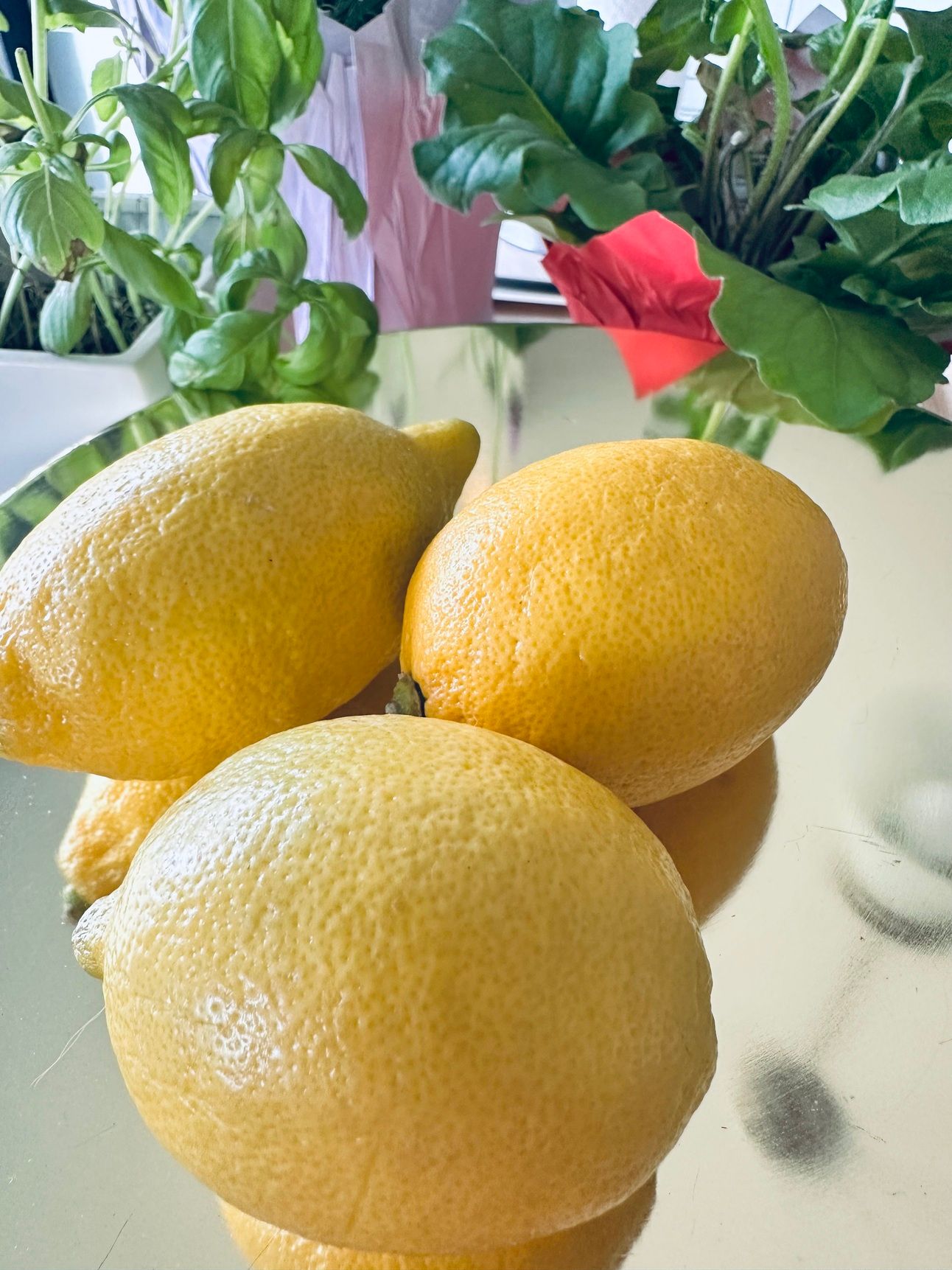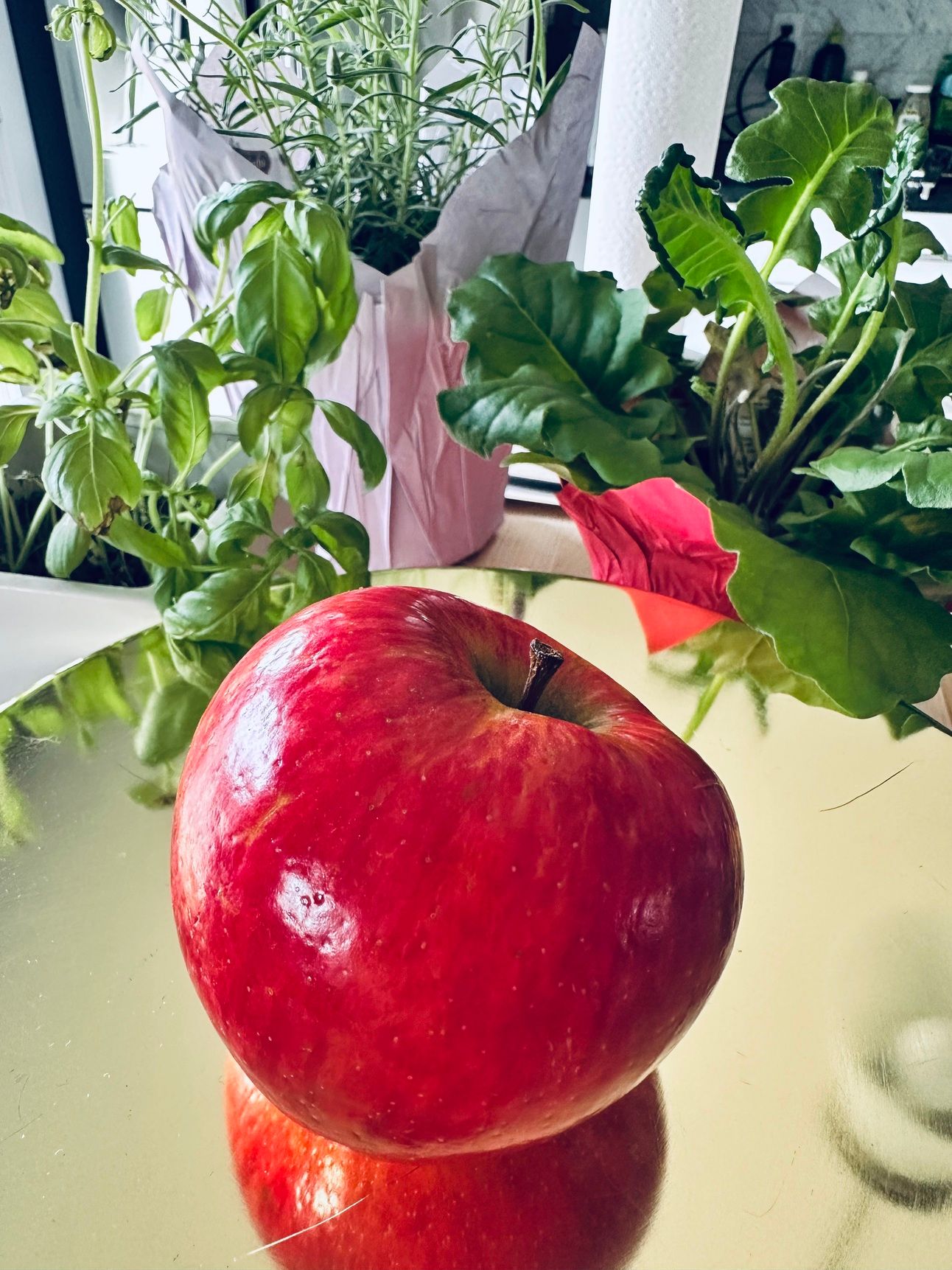- Verve Life
- Posts
- How To Give Your Gut The Love It Deserves
How To Give Your Gut The Love It Deserves
Technically, it's you that deserves it, and your body is keeping score, so listen to your gut.
Demographics 📊
We have just shy of 100K followers on our @healthandlongevitytips Instagram page. Our follower demographics show that 35 to 44 is a significant age range for men who are interested in fortifying their health. Beyond age 44, the male followers age brackets begin to shrink gradually.
Women, on the other hand, are generally quite heath conscious starting in their 30s, and continue to be at a steady pace. At about age 50, however, their devotion to building stronger bodies and healthier lifestyles takes off exponentially. Is it any wonder why? Probably not. It’s the time when the floor drops out on women, with the loss of vital hormones that keep them strong, resilient and feeling sexy. Hot flashes, brain fog, sleep disturbances, vaginal dryness and night sweats are debilitating and no longer to be overlooked.
Thankfully, the science of menopause is changing in leaps and bounds and the availability life-changing therapies for women has greatly improved. We will cover this subject in detail in an upcoming issue.
If you didn’t know your age, how old would you be? ⏰
Did you know, if you look up synonyms for the word age, the first words you see are: advanced years, elderliness, maturity, oldness and dotage? Of course the word “age” also denotes the passage of time, “he’s 57 but looks 37”. And… it’s a descriptor of a point in time; “At the age of 3 she was running…” And we can’t forget that first connotation, “she has a bit of age on her…”
One of our goals with this publication, is to help you do ONE thing better - focus on the things that make you feel good: moving your body, eating delicious food, building a strong musculo-skeletal foundation, having great sex, working at endeavors that bring you fulfillment, spending time with people you love and finding joy in simple things.
If you ask me, all of this reinforces the idea that “living ain’t about a number.”
GUT FEELINGS: Your Body's Hidden Health Hero
How Your Gut Talks to Your Brain
Ever felt butterflies when you're nervous or had a "gut feeling" about something? There's a real reason for that! Your gut and brain are constantly chatting through what scientists call the "gut-brain axis."
Here's something surprising: your gut makes over 90% of your body's serotonin – yes, the "happy chemical" that helps regulate your mood. When your gut bacteria get out of balance, it can actually affect your mood and stress levels.
Your Body's Security Guard
Did you know that most of your immune system actually lives in your gut? About 70-80% of your immune cells hang out there!
The trillions of tiny microbes in your gut don't just help digest food – they're actually training your immune system what's dangerous and what's safe. It's like having an internal security team!
12 Easy Ways to Make Your Gut Happier Today
Mix up your meals: Try eating 30 different plant foods each week. Don't panic! This includes fruits, veggies, nuts, seeds, beans, and whole grains. Each different food feeds different good bacteria.
Try fermented foods: Add foods like yogurt, kefir, kimchi, sauerkraut or kombucha to your diet. They're packed with good bacteria that help your gut thrive.
Feed your gut friends: Certain foods like garlic, onions, bananas and oats contain special fibers that your good bacteria love to eat. Think of them as fertilizer for your internal garden!
Chill out regularly: Stress is hard on your gut. Taking time to relax through simple breathing exercises, gentle walking, or whatever helps you unwind can make a big difference to your digestion.
Get enough Zzzs: Your gut bacteria have sleep cycles too! Aim for 7-9 hours of good sleep to keep your digestive system running smoothly.
Pay attention to fiber. Aim for at least 25 to 30 grams of fiber each day. Fiber aids digestion and helps regulate bowel movements. It also contributes to feelings of fullness. Whole grains, legumes, fruits, and vegetables are excellent sources of fiber.
Stay hydrated. Water is crucial for digestion and nutrient absorption. Drinking enough water can help prevent constipation. It also supports the mucosal lining of the intestines.
Limit processed foods. Highly processed foods can disrupt your gut microbiome. They often contain additives and sugars that can harm beneficial bacteria. Focus on whole foods instead. Choose fresh ingredients whenever possible.
Consider the timing of your meals. Eating smaller, meals can be easier on your digestive system. Intermittent fasting can help your digestive tract to rest and reset. This helps maintain stable blood sugar levels and reduce bloating and discomfort.
Mind your sugar intake. High sugar consumption can lead to an imbalance in your gut bacteria. Limit sugary snacks and beverages. Opt for fruits when you crave something sweet.
Incorporate healthy fats. Foods like avocados, nuts, and olive oil provide essential fatty acids. These fats support gut health by reducing inflammation. They also help absorb fat-soluble vitamins.
Regular physical activity can also benefit your gut. Exercise promotes the movement of food through the digestive tract. It encourages a healthy gut microbiome. Aim for at least 150 minutes of moderate exercise each week.
Since your body really is keeping score, and poor gut health is related to colon cancer, let’s talk about 4 fruits that can reduce your cancer risk.
Colon cancer is on the rise, especially in young adults. Number 4 among the protective fruits is citrus fruit, including oranges, grapefruit, lemons and limes. They are packed with antioxidants which we know are good for gut bacteria.

Number 3 in the group is Kiwi, which is packed with fiber and is also beneficial to your gut bacteria. Kiwi has the unique power to stimulate bowel movements.

Number 2 is Apple, which has a really strong protective effect for the colon. It’s like a super fruit because it benefits almost all the organs including the liver.

Coming in at number 1 is Watermelon, which has a strong effect on reducing colon cancer risk and has high lycopene content. For extra protection, squeeze lime juice on your watermelon.

Don’t forget : small shifts in our dietary behavior can have massive results.
How did you like today's newsletter? |
Partner Disclosure: Please note that some of the links in this post are affiliate links which means if you click on them and make a purchase, I may receive a small commission at no extra cost to you. This helps support my work and allows me to continue to provide valuable content. I only recommend products that I use and love. Thank you for your support! |
Reply